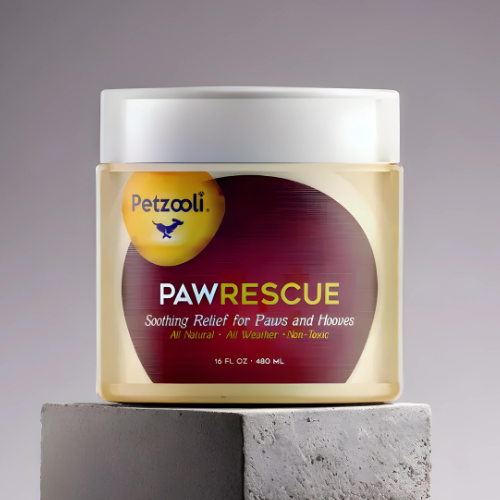
How Much Food Should I Feed My Dog Daily? A Detailed Guide
Share
As health-conscious pet owners, one of the most pressing questions you might have is 'how much food should I feed my dog?' Ensuring your furry companion receives the right amount of nutrition is crucial for their health and well-being. The correct feeding amount can vary depending on various factors, including your dogs age, size, and activity level. Through this article, well delve into understanding the appropriate feeding quantities, what factors to consider, and some related nutrition tips.

Factors Influencing How Much Food Your Dog Needs
The question 'how much food should I feed my dog?' does not have a simplistic answer. Several factors can influence your dogs dietary needs. These include:
1. Age
Puppies have different nutritional requirements compared to adult and senior dogs. Young dogs need more calories as they grow, while senior dogs may require fewer calories to prevent weight gain.
2. Size
The size and breed of your dog also play a significant role. Larger breeds typically require more food compared to smaller breeds.
3. Activity Level
Dogs with higher activity levels will naturally burn more calories and thus need more food to maintain their energy levels.
4. Health Condition
Specific health conditions may necessitate adjustments in diet. For instance, dogs with diabetes or kidney issues often require specialized diets.

Understanding Dog Food Labels
To accurately determine 'how much food should I feed my dog', its essential to understand dog food labels. Here are some key points to consider:
Caloric Content
Look at the caloric content of the dog food. Most labels will indicate how many calories are in a serving.
Serving Recommendations
The manufacturer's serving recommendations can be a good starting point, but remember that these are general guidelines.

Calculating the Correct Portion Size
To ensure you are feeding your dog the right amount, youll need to account for their age, size, activity level, and health condition. Heres a simple formula to help you calculate the appropriate amount:
Daily Caloric Needs
- Puppies: 990 Calories/day
- Small Adult Dogs: 580 Calories/day
- Large Adult Dogs: 1500 Calories/day
- Senior Dogs: 470 Calories/day

Adjustments for Activity Levels
After calculating the daily caloric needs, you may need to adjust the amount based on your dogs activity levels. Active dogs need more calories, whereas less active dogs may require less.
Creating a Balanced Diet
Feeding your dog involves more than just meeting calorie requirements. A balanced diet is crucial. Ensure that your dogs food includes a mix of proteins, carbohydrates, fats, vitamins, and minerals.
Common Feeding Mistakes
Even well-intentioned pet owners can make mistakes when feeding their dogs. Common errors to avoid include:
1. Overfeeding
Overfeeding can lead to obesity and other health issues. Stick to the calculated portion sizes.
2. Underfeeding
Just as overfeeding is harmful, underfeeding can lead to malnutrition.
3. Ignoring Dietary Needs
Ensure youre feeding a diet that suits your dogs specific needs, whether they require a high-protein diet or a low-fat one.
Transitioning Between Food Types
If you need to change your dogs food, do it gradually to avoid digestive issues. Start by mixing a small amount of the new food with the old and gradually increase the ratio.
Consulting a Veterinarian
If youre uncertain about 'how much food should I feed my dog', consulting a veterinarian can provide personalized guidance. A veterinarian can help tailor a diet plan specifically for your dogs needs.
FAQ Section
1. Can I feed my dog human food?
While some human foods are safe for dogs, many are not. Always consult your vet before introducing human food into your dogs diet. Click here for a list of foods that are unsafe.
2. How do I know if my dog is overweight?
If your dog has trouble moving or you cant feel their ribs, they may be overweight. Regular vet check-ups can help monitor their weight. Learn more about monitoring your dog's weight.
3. What if my dog has specific dietary needs?
Dogs with specific dietary needs should have their diet planned in consultation with a vet. This ensures they get the necessary nutrients. Click here for more info on special diets.
As an Amazon Associate, I earn from qualifying purchases.
As an Amazon Associate, I earn from qualifying purchases.
